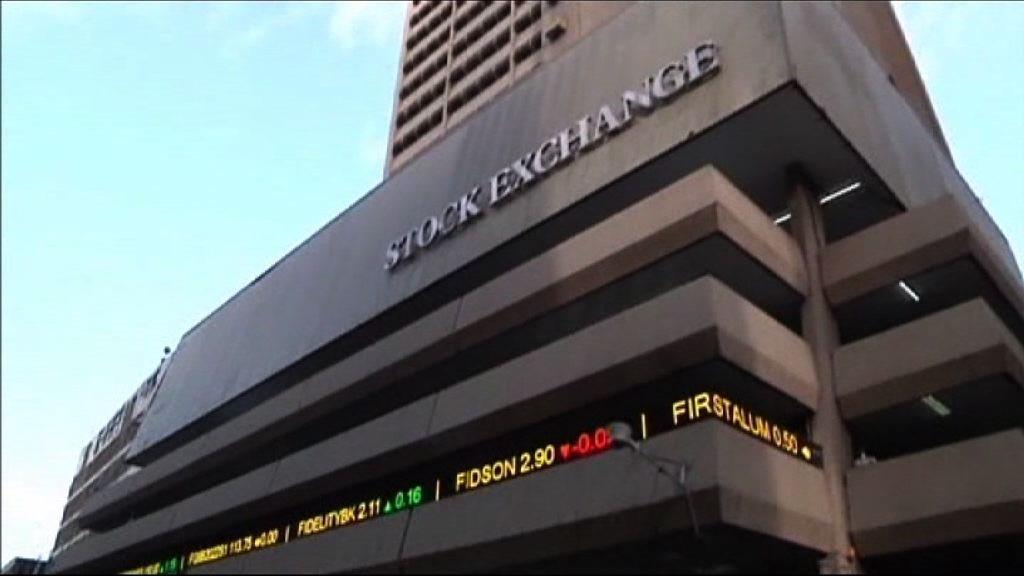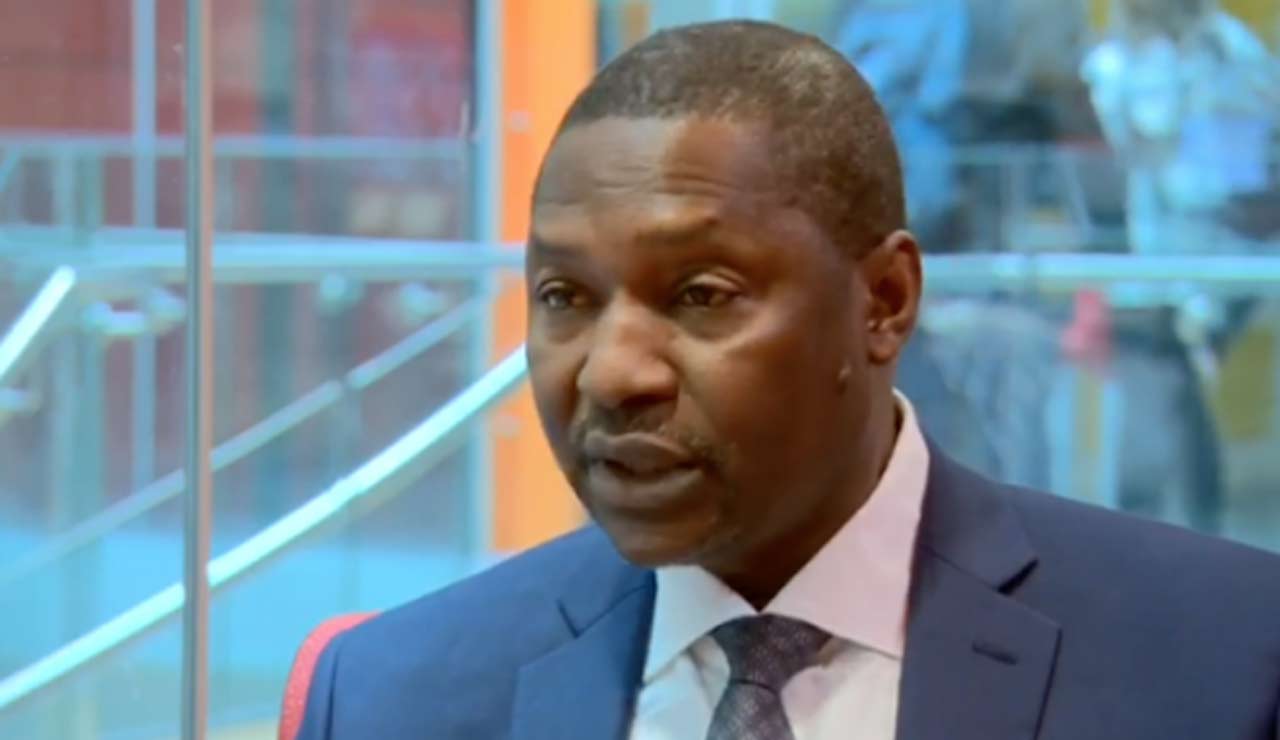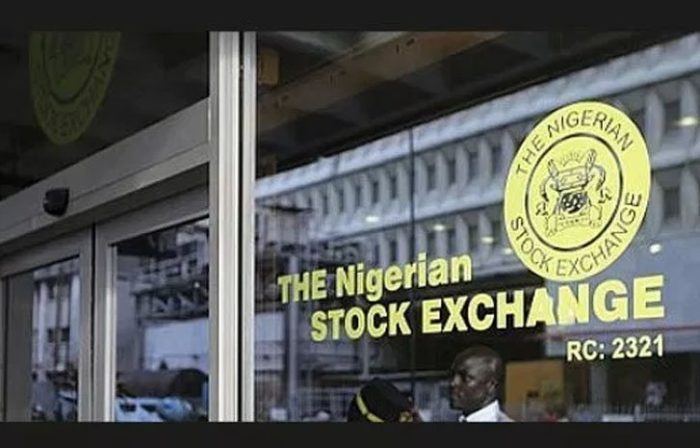There are fears that if the body language of politicians ahead of 2019 elections is not well managed alongside the killings allegedly perpetrated by herdsmen, the robust and deep inflow of foreign capitals at the Nigerian Stock Exchange (NSE) championed by Foreign Portfolio Investments (FPIs) in 2017, may begin to wane very soon.
Only recently, the Nigerian Stock Exchange (NSE) was rated amongst the best in the world with FPIs in 2017 hitting N1.208 trillion. The amount accounted for about 48 per cent of total transactions. 2017 data also showed that FPI, which was N1.539 trillion in 2014, however, shrank to N518 billion in 2016, but increased significantly by 133 per cent in 2017.
Further analysis of the data also showed that over an 11-year period, domestic transactions have decreased by 62.46 per cent from N3.556 trillion in 2007 to N1.335 trillion in 2017. However, there was a significant increase in 2017 by 111 per cent from N634 billion recorded in 2016.
The data showed that total transactions at the nation’s bourse significantly increased by 72.64 per cent from N278.49 billion recorded in November 2017 to N480.80 billion (about $1.57 billion) the next month.
The aggregate value of transactions from January to December 2017 increased significantly by 68.25 per cent from N1.511 trillion recorded in 2016 to N2.543 trillion in 2017.
Total FPI increased by 37.56 per cent from N150.10 billion recorded in November 2017 to N206.48 billion in December 2017. Domestic Transactions significantly increased by 113.66 per cent from N128.39 billion to N274.32 billion within the same period.
Because the investor does not actively manage the investments or the companies that issue the investments, he does not have control over the securities or the business. However, since the investor’s goal is to create a quick return on his money, FPI is more liquid and less risky than FDI.
In contrast, FDI lets an investor purchase a direct business interest in a foreign country. For example, an investor living in New York purchases a warehouse in Berlin so a German company can expand its operations.
The investor controls his monetary investments and actively manages the company into which he puts money. He helps build the business and waits to see his return on investment (ROI). However, because the investor’s money is tied up in a company, he faces less liquidity and more risk when trying to sell his interest.
The investor also faces currency exchange risk, which may decrease the value of his investment when converted from the country’s currency to U.S. dollars, and political risk, which may make the foreign economy and his investment amount volatile.

 Football1 week ago
Football1 week ago
 Health & Fitness1 day ago
Health & Fitness1 day ago
 Featured5 days ago
Featured5 days ago
 Comments and Issues7 days ago
Comments and Issues7 days ago
 Education6 days ago
Education6 days ago
 Business6 days ago
Business6 days ago
 Crime6 days ago
Crime6 days ago
 Business5 days ago
Business5 days ago






